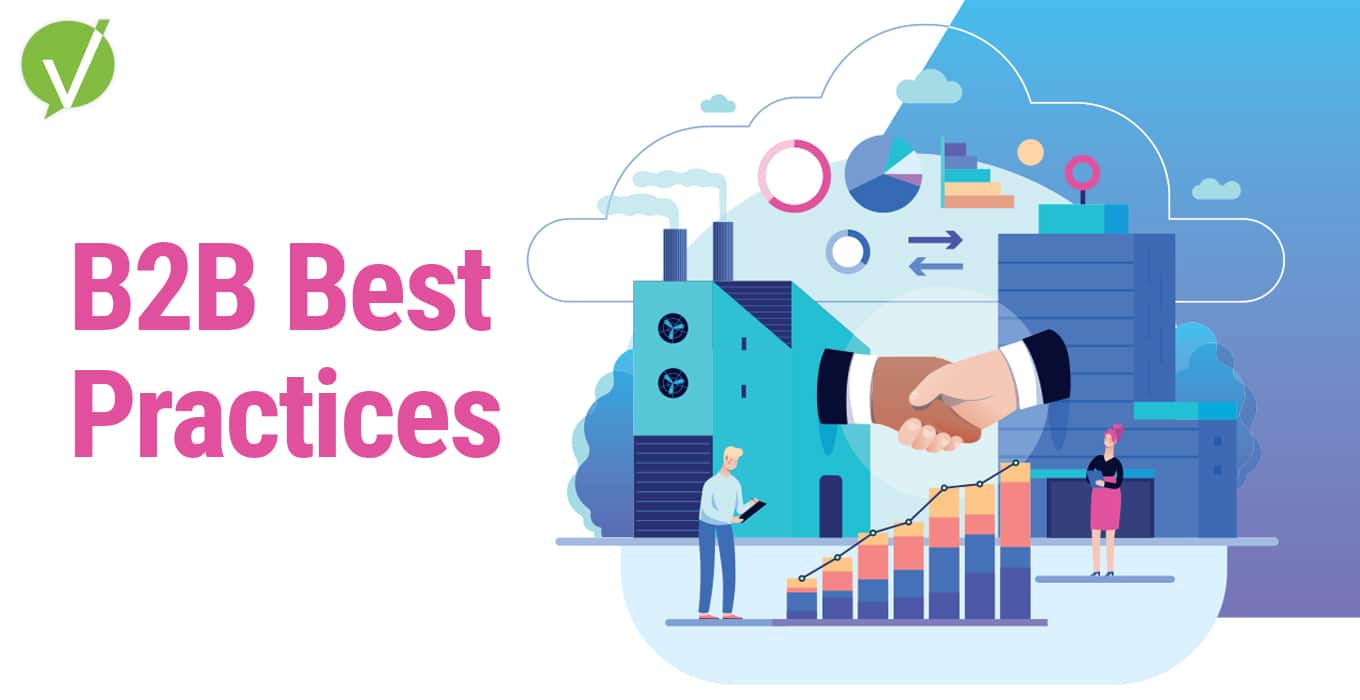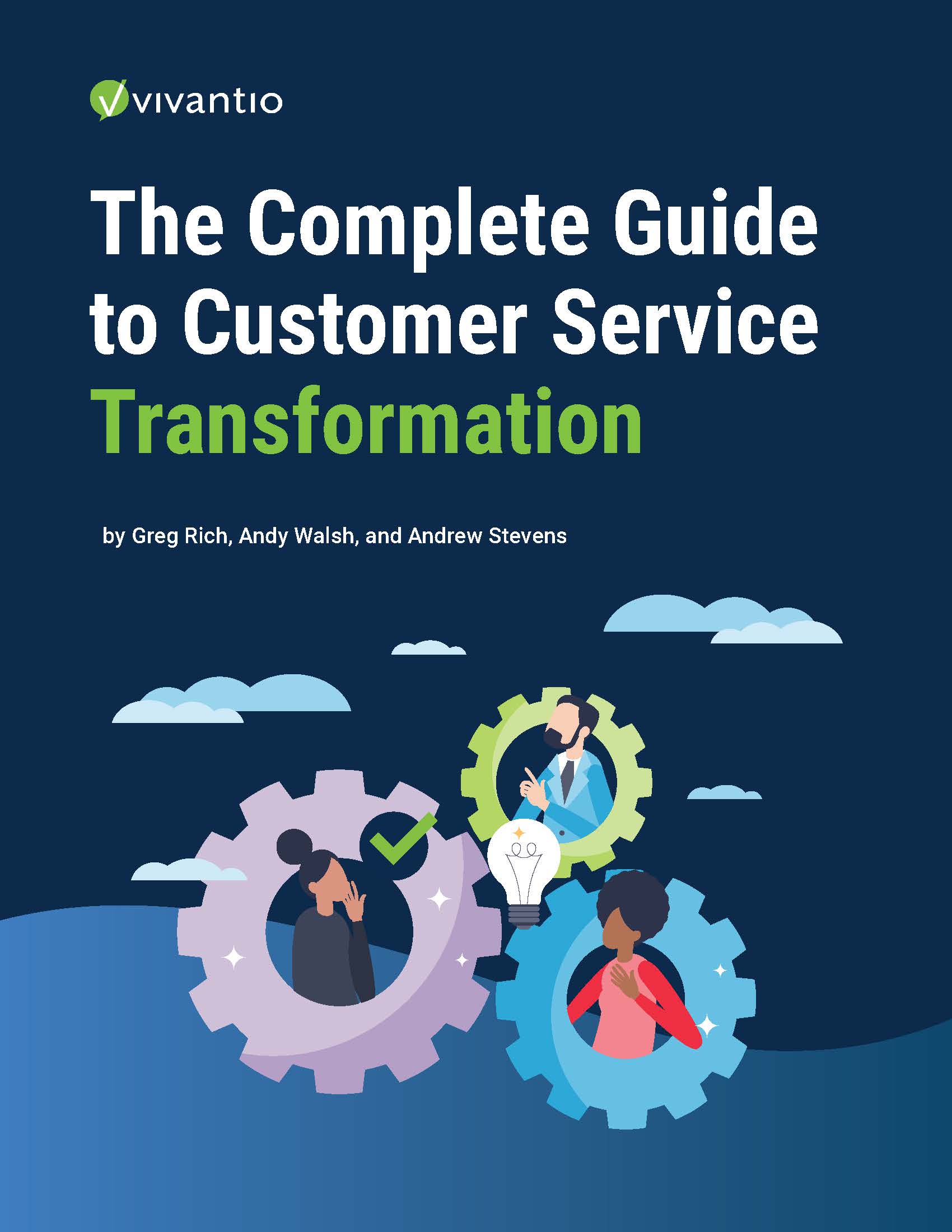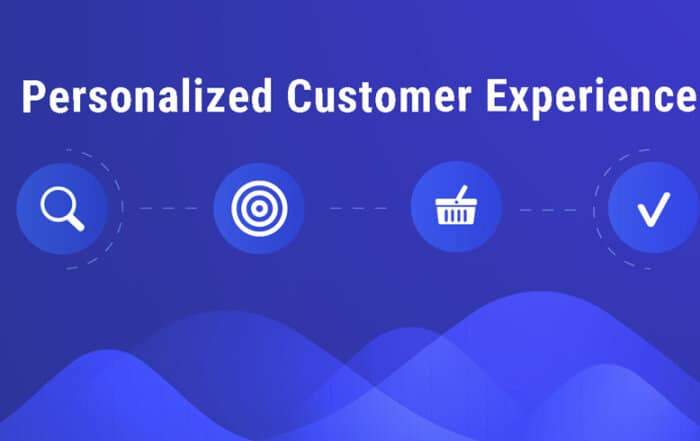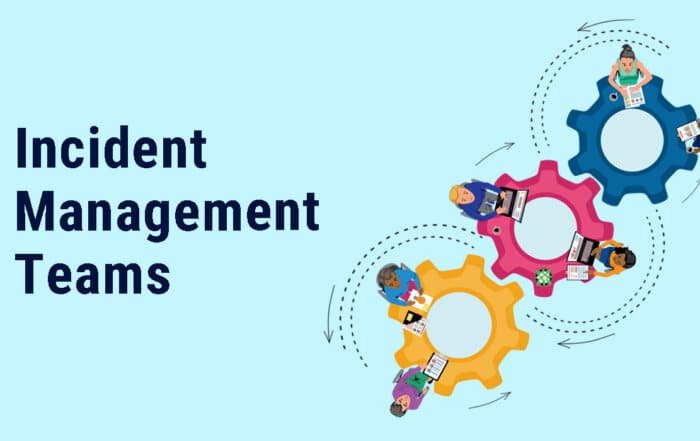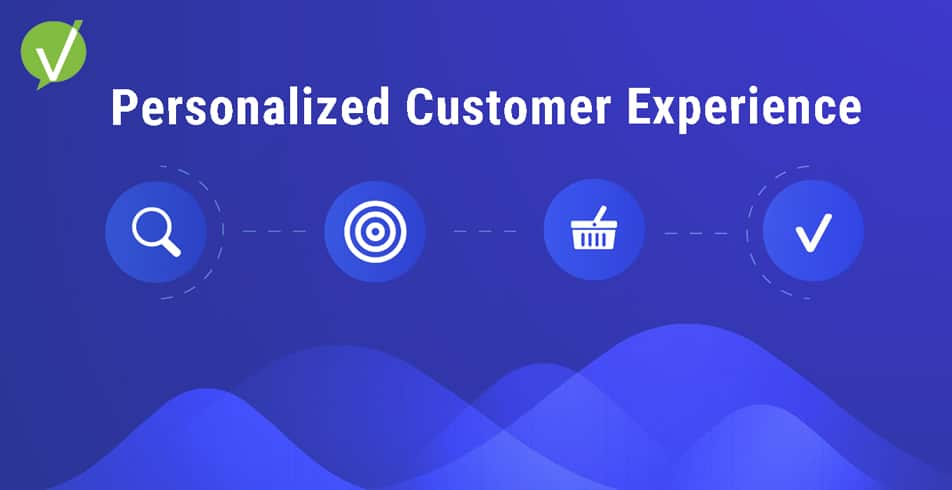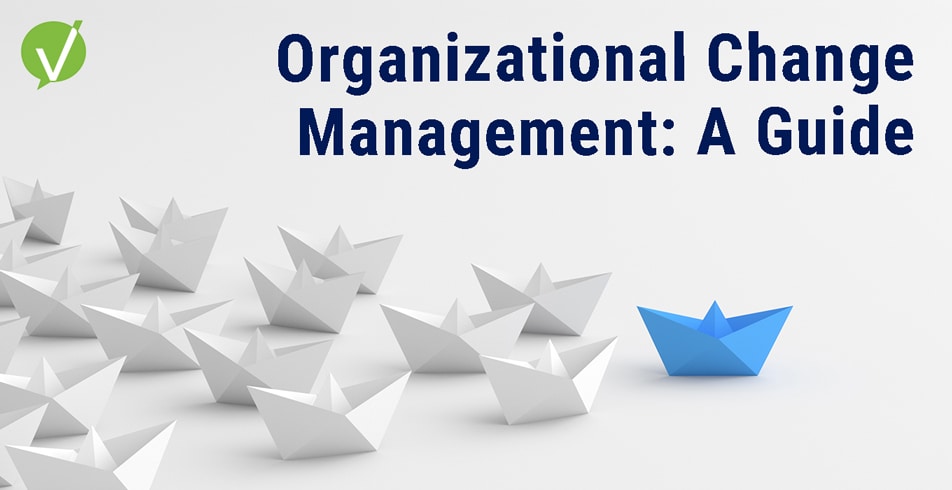Customer Service Management Best Practices: Success in B2B Landscapes
Introduction
In today’s dynamic and fast-paced B2B ecosystem, the integral role of customer service is more pronounced than ever. Beyond being a distinguishing factor, delivering superior customer service has emerged as a strategic business imperative. Data from American Express underscores this, noting that over half of consumers have abandoned a planned purchase due to subpar service, and a third would contemplate switching companies after just a single instance of poor service. These figures drive home the fact that even in a B2B context, the end-user is still a consumer whose expectations have been shaped by their experiences in the B2C world.
Addressing these elevated service expectations in the B2B domain calls for a comprehensive Customer Service Management (CSM) strategy, which encompasses best practices fine-tuned for this space.
Decoding the Essentials of B2B Customer Service Management Best Practices
- Personalization: Tailoring service interactions to suit the specific needs of each business client is a significant part of B2B customer service management. According to Epsilon, 80% of customers are more inclined to do business with companies that offer personalized experiences.
- Responsiveness: In the fast-paced B2B world, swift and efficient response to queries or concerns can make all the difference. As per The Northridge Group, 40% of consumers expect customer service responses within one hour of reaching out.
- Transparency: Honesty and clarity, particularly when issues arise, foster trust, and build long-term business relationships. Research from SugarCRM shows that 78% of customers have been forgiving companies following an honest explanation or apology.
- Understanding Client Needs: A deep understanding of your B2B clients’ business needs, pain points, and goals paves the way for more effective service delivery.
Enabling B2B Customer Service Management Best Practices with Service Management Solutions
Service management solutions play a crucial role in implementing and enhancing customer service management best practices. These robust tools can transform how businesses interact with their clients, enabling a more personalized, responsive, and transparent service experience. Advanced ticketing systems can streamline issue resolution, ensuring prompt responses to client issues. Comprehensive self-service portals can empower clients, offering them the autonomy to find solutions, thus delivering a more personalized experience. Furthermore, extensive knowledge management systems provide service representatives with a pool of consistent and precise information, promoting transparency and enabling a better understanding of client needs.
In addition, advanced service management solutions can equip businesses with powerful analytics and reporting capabilities, generating valuable insights that help fine-tune customer service management strategies. By identifying trends, gaps, and opportunities in the service process, these solutions allow businesses to anticipate and meet their clients’ evolving needs, driving customer satisfaction and loyalty. They also foster operational efficiency by automating routine tasks and facilitating more effective resource allocation. Overall, service management solutions act as the backbone of effective B2B customer service management, driving business success and growth.
The Long-Term Impact of Robust B2B Customer Service Management
The long-term impact of robust B2B Customer Service Management (CSM) practices cannot be overstated. These practices are not just about enhancing customer interactions or solving immediate problems; they are foundational elements that influence the overall health and growth trajectory of a business. By integrating these best practices, businesses lay the groundwork for sustainable growth and longevity, as they ensure a consistent, high-quality customer experience that fosters loyalty and trust among clients.
Research has consistently shown the significant role customer retention plays in driving business success. The oft-cited study by Harvard Business Review reveals that even a marginal increase of 5% in customer retention can lead to a profit increase of at least 25%. In the B2B space, this effect is often amplified. Loyal B2B clients tend to engage in longer-term contracts, provide more opportunities for upselling and cross-selling, and act as brand ambassadors, referring other businesses to the company. This ripple effect results in an ever-expanding network of opportunities, driving continuous growth and ensuring the company’s future success. By investing in robust B2B Customer Service Management practices, businesses essentially invest in their own future, setting the stage for long-term success in an increasingly competitive marketplace.
In conclusion, robust Customer Service Management practices are not just essential but indispensable for success in the B2B arena. By adopting these best practices, businesses can foster client loyalty, enhance their reputation, and stimulate sustainable growth. With its suite of advanced tools and features, Vivantio provides B2B businesses with the capabilities they need to drive superior customer service and, by extension, achieve business success.
